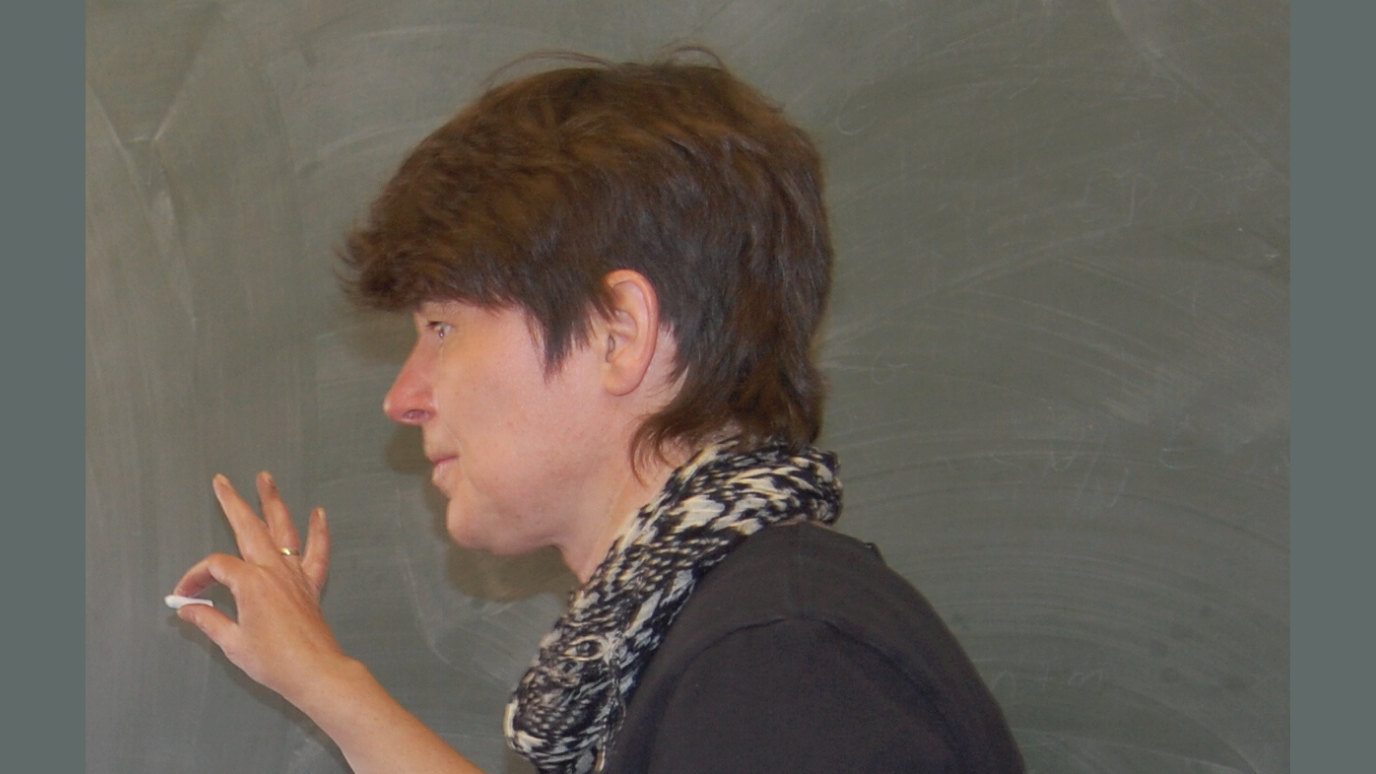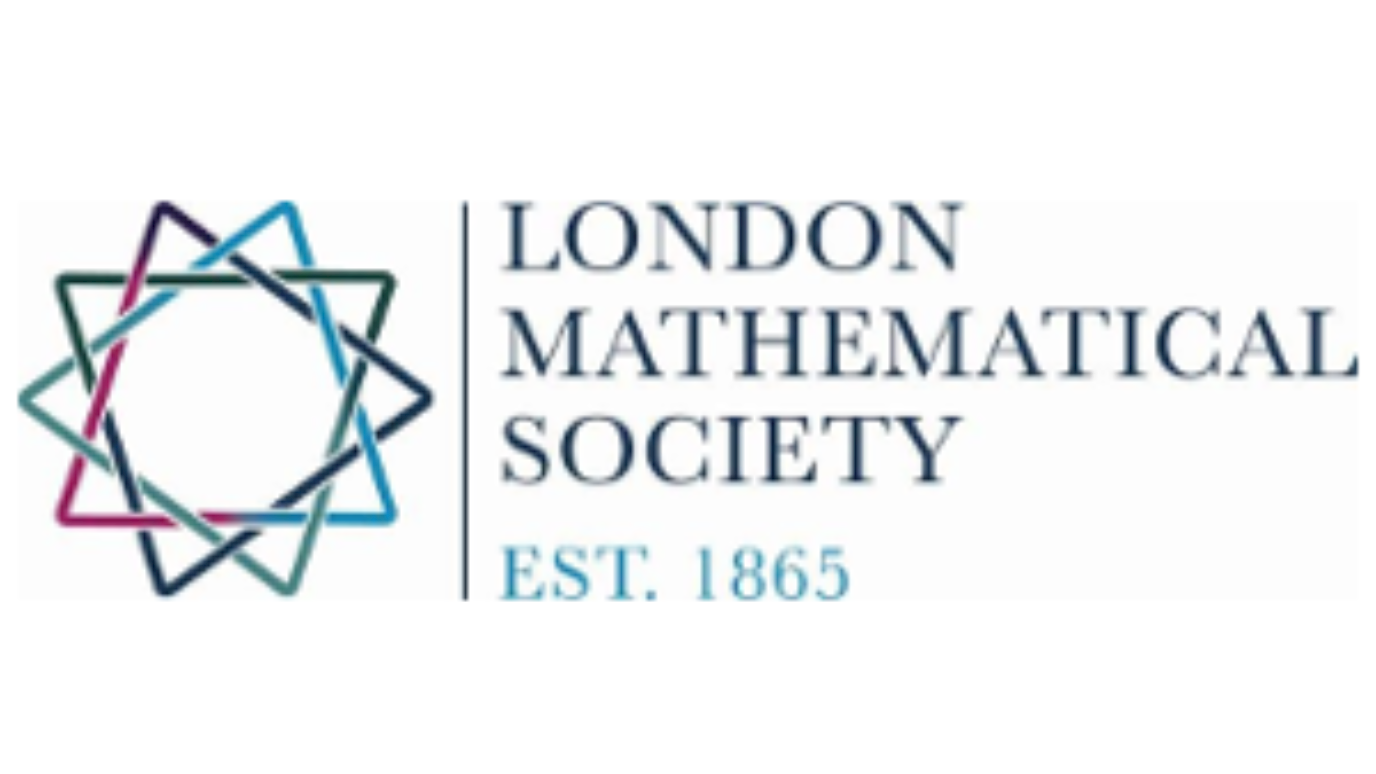Brita Nucinkis has been awarded just under £80,000 from the Engineering and Physical Sciences Research Council (EPSRC) to intensify her research programme entitled “Studying generalised Thompson’s groups with tools from geometric group theory and operator algebra” over the next 10 months. Her area of expertise is geometric group theory, and she will use this time to expand her research into studying connections of group theory with operator algebra.

Professor Nucinkis
Many mathematical concepts first arose in descriptions of physical systems, and often developed into their own branch of mathematics. For example, in 1925 Heisenberg suggested that the observables of a quantum system could be realised as certain infinite matrices. This did not really make sense at the time, and now we know that he was really talking about operators, which are linear transformations on a vector space. Thus, mathematicians were led to the study of operator algebras, which is now a vast area of mathematics that influences many other areas of mathematics, such as group theory, dynamics, topology, geometry, logic, and number theory.
Brita Nucinkis is planning to study this connection with group theory from a group theorist’s point of view: a group is a mathematician’s tool to capture the notion of symmetry in the abstract. The study of symmetry provides a powerful guiding principle in a wide variety of research problems not only in operator algebra, but in many areas of mathematics and the sciences.
In pure mathematics, the study of examples is essential to the general understanding of the theory. One class of examples are R. Thompson’s groups and their generalisations, which exhibit some very surprising properties, and, for the past 50 years, have been studied extensively in a wide variety of mathematical subjects. For instance, Thompson’s groups provided the first known examples of infinite, finitely presented simple groups. Since then, Thompson’s groups and their various generalisations have generated a large body of research trying to understand their properties, some of which are still not completely settled.
One powerful approach to generalised Thompson’s groups is their description as automorphism groups of certain Cantor algebras and to use methods from geometric group theory to study their properties. On the other hand, many of the generalised Thompson’s groups can be viewed as topological full groups of certain operator algebras, providing some very powerful tools to study these groups.
The purpose of this project is to develop a comprehensive dictionary between the two approaches to be able to answer open questions arising in both fields. This project is a feasibility study designed to develop a far-reaching programme for tackling involved problems from either area.
























